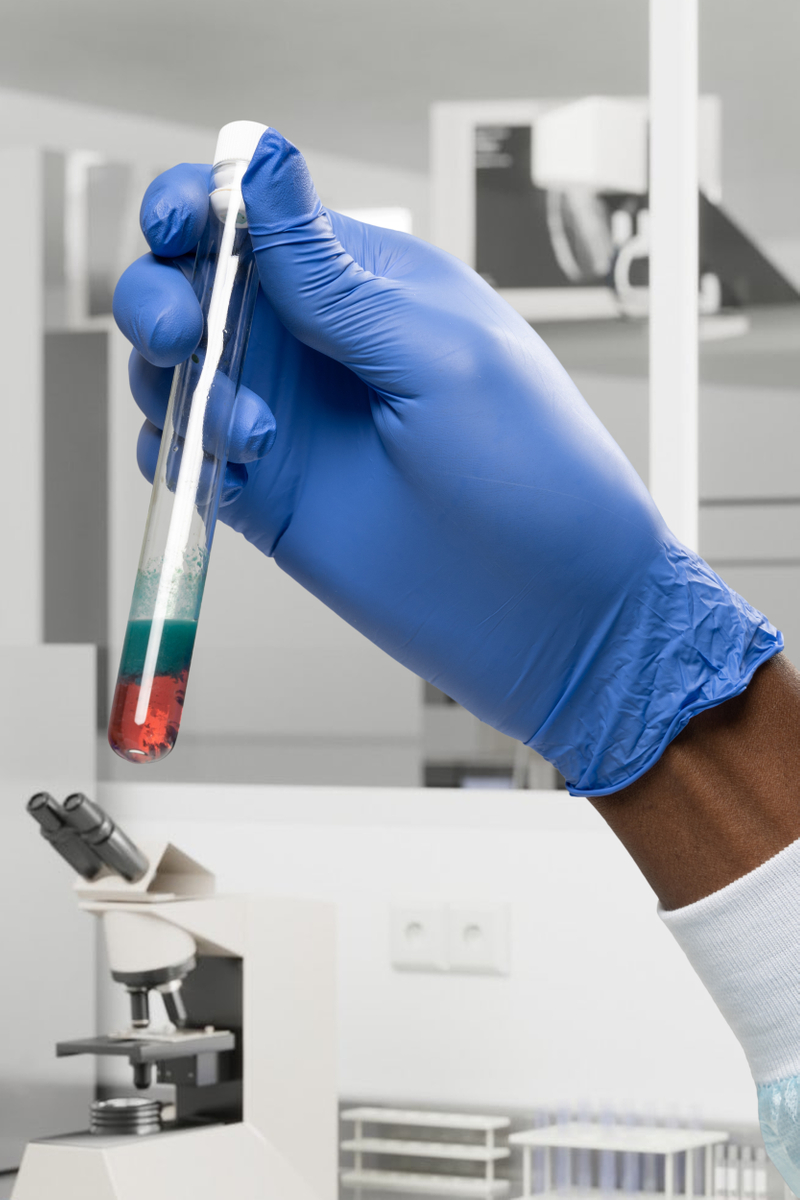One of the unique attributes of SARS-CoV-2 is the fact that it causes very different responses from different organisms - some don't develop any symptoms at all, while for the others it can even cause death. Therefore the biomarkers that could predict the progression and the severity of the disease are needed.
A team of scientists from Germany and UK created a platform for ultra-high throughput serum and plasma proteomics to rapidly determine the levels of various proteins in the blood plasma. The analysis is based on mass-spectrometry and includes liquid chromatography (LC) - method used in several clinical tests approved by FDA. The platform builds on ISO13485 standardization, which should make it easier to implement it in clinical laboratories.
During the process of platform adaptation to SARS-CoV-2, scientists analyzed it using the blood of 31 patients with the different severity of the disease and identified 27 potential biomarkers that are differentially expressed depending on the WHO severity grade of COVID-19.
Those biomarkers include complement factors, the coagulation system, inflammation modulators, and pro-inflammatory upstream and downstream of interleukin 6. Some of the markers were never connected with the immune response and the infection process in general (ACTB, ACTG1, A1BG, CD14, LBP, etc.).
According to researchers, the biomarker list includes the proteins that could be potential targets for therapy in the future, for example, CD14.
Scientists also state that proteomics signature profiling also has advantages in predicting disease progression over the classic methods. Biomarker analysis that was done during the research changed the diagnosis for two patients.
Researchers conclude that their platform has a big potential in predicting the progression of the disease based on the biomarker analysis and in being a base for the future diagnosis test, that can help differentiate the similar symptoms for patients.
